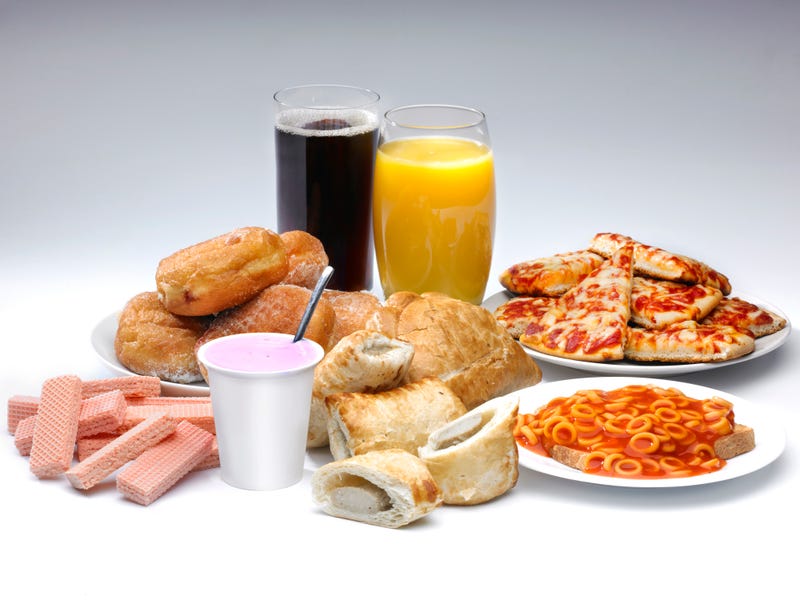
A new study out of the United Kingdom has found that eating ultra-processed food raises the risk of developing and dying from cancer, as human bodies do not react the same to ingredients in the food as they do to fresh food.
The study, published in the journal eClinicalMedicine, examined the diets of more than 197,000 people, over half of whom were women, which was present in a UK database.
In total, researchers looked at 34 types of cancers in the study. They shared that ovarian cancer was among the most prominent among participants.
Participants of the study were examined for 10 years as researchers looked at their eating habits to try and find a correlation between consuming ultra-processed foods and cancer.
Dr. Kiara Chang, an author of the study and a National Institute for Health and Care Research fellow at Imperial College London’s School of Public Health, shared a statement on the research and what it means.
“Ultra-processed foods are produced with industrially derived ingredients and often use food additives to adjust color, flavor, consistency, texture, or extend shelf life,” Chang said.
This includes things such as frozen pizza, ready-to-eat meals, sausages, french fries, sodas, store-bought cookies, ice cream, hot dogs, prepackaged soups, and more.
Chang said in her statement that humans do not react the same when they consume highly-processed foods versus those that aren’t.
“Our bodies may not react the same way to these ultra-processed ingredients and additives as they do to fresh and nutritious minimally processed foods,” Chang said.
The study found that the presence of ultra-processed foods in participant’s diets went as low as 9.1% and as high as 41.4%. This data was then compared with medical records, which listed both diagnoses and deaths from cancer.
Overall the study concluded that for every 10% increase in ultra-processed food consumption, a person’s chances of developing cancer increased by 2%, and the risk of being diagnosed with ovarian cancer increased by 19%, according to a statement from the Imperial College London.
It was also found that deaths from cancers increased the more participants consumed ultra-processed food. For every 10% increase in food, the risk of dying from cancer rose by 6%, and death from ovarian cancer rose by 30%.
“These associations persisted after adjustment for a range of socio-demographic, smoking status, physical activity, and key dietary factors,” the authors wrote.
The study also shared the demographics it found most likely to consume the ultra-processed foods, noting that they were “younger and less likely to have a family history of cancer.”
Still, those consuming ultra-processed foods were found to be less likely to do physical activity and more likely to fall into the weight category of obese.
Another key trait in people who consumed more ultra-processed foods was their income and education status. The study shared that those consuming ultra-processed foods the most were more likely to have lower household incomes and less education. They were also found to be living in the most underprivileged communities.
While the study’s results appear to show a danger in consuming high amounts of ultra-processed foods, Dr. Eszter Vamos, the study’s lead author and a clinical senior lecturer at Imperial College London’s School of Public Health, shared that more research is needed.
“Further research is needed to confirm these findings and understand the best public health strategies to reduce the widespread presence and harms of ultra-processed foods in our diet,” Vamos said in a statement.
Follow KNX News 97.1 FM
Twitter | Facebook | Instagram | TikTok


